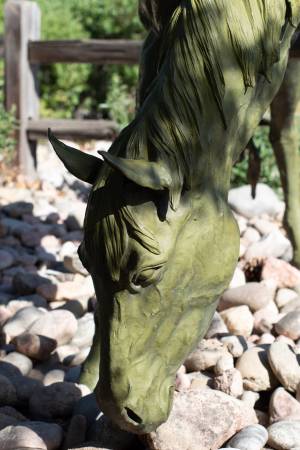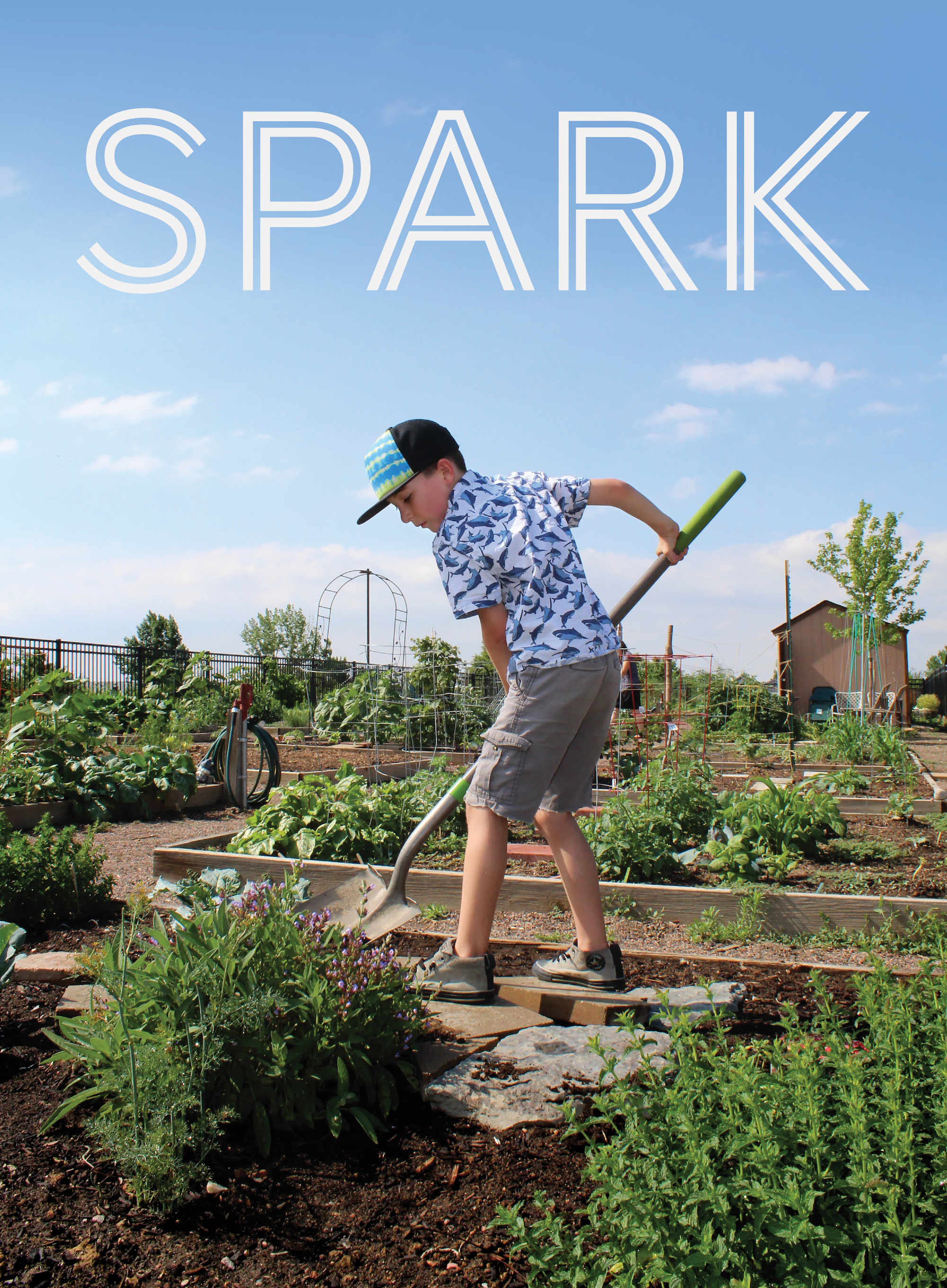Familiarly unfamiliar names

You’ve seen the names around town, but do you know the history behind them? We take a look at some of Adams County’s most iconic names.
Carpenter Park | Thornton, Colo.
Whether you’re running a 5K, escaping the summer heat at the pool or catching a concert at the amphitheater, most Thornton residents have found themselves at the expansive Carpenter Park, which includes the Margaret W. Carpenter Recreation Center. Margaret W. Carpenter was Thornton’s longest-serving mayor, starting her term in 1980 after having spent seven years on the Thornton City Council. Her term as mayor spanned more than 20 years, and began by helping residents rally and recover after a tornado struck the city in 1981. Carpenter, who passed away last year, represented Thornton in a variety of capacities – locally, regionally and even nationally – and was lauded by current Thornton mayor Heidi K. Williams: “While she was mayor, the city acquired land, water rights and developed a vision for the city which we are all enjoying today.”
 Conter Heritage and Cultural Center | Commerce City, Colo.
Conter Heritage and Cultural Center | Commerce City, Colo.
Home to the Commerce City Historical Society, the Conter Heritage and Cultural Center is a tribute to one of the city’s most famous families. The Conter family operated a wheat and barley farm as far back as 1870 – and that farm comprised a fair chunk of what would eventually become the City of Commerce City. It stretched between what is now 56th and 67nd streets and Niagara and Holly streets, a swath of land large enough to now include two of Commerce City’s parks. As the city grew around the Conter’s farm, it wasn’t without some growing pains. In 1977, Louise Conter was in disagreement over code violations as the city being built around her family’s farm came with new restrictions. As part of the controversy, she was arrested and jailed on Christmas Eve for riding her horse, Cuckklebur, through the city. A replica of Cuckklebur remains on display outside of what is now the Conter Heritage and Cultural Center.
Farmer’s Park | Brighton, Colo.
While Farmer’s Park can serve as a reminder of the legacy of Brighton’s robust farming community, its location on Sakata Street is significant. Bob Sakata and his family ran Sakata Farms from 1944 until closing earlier this year. Prior to producing corn, cabbage, broccoli and onions in Brighton, Bob Sakata had grown up in an American Japanese internment camp during World War II. After being released, he moved specifically to Colorado because then Gov. Ralph Carr was one of the country’s most outspoken defenders of the rights of Japanese-Americans, welcoming those formerly interned to the state. Bob Sakata is known not just locally, but internationally for his farming expertise and humanitarian work. The Emperor and Empress of Japan even paid a visit to Sakata Farms during a rare trip to the United States in 1994.
Muegge House | Bennett, Colo.
Built in 1914, the Muegge House is an iconic historical site in the Town of Bennett. It serves not only as the headquarters for the Bennett Historical Society, but also operates as a meeting place for city events and community meetings. Though they weren’t the original owners, the Muegge family used the house as a bunkhouse for farm hands hired to work the local farms. After donating it to the city, renovations were made to modernize the house and make it more suitable as an operating base for various city departments. Included in the renovations was an air conditioning installation – Bennett boasts Colorado’s hottest temperature ever recorded at 118 degrees F in 1888.
Send your questions or feedback to ithink@anythinklibraries.org or post in the comments below.

